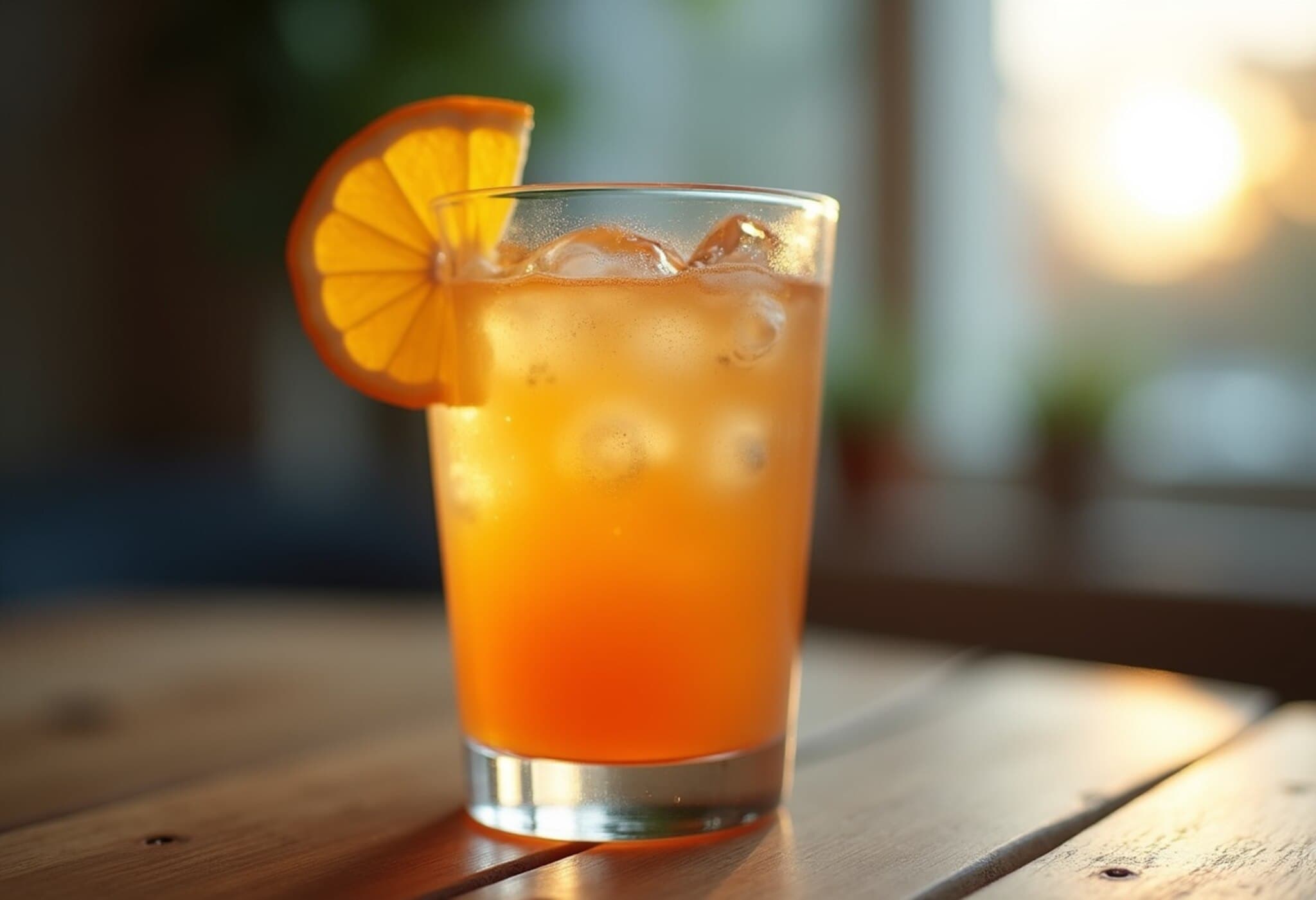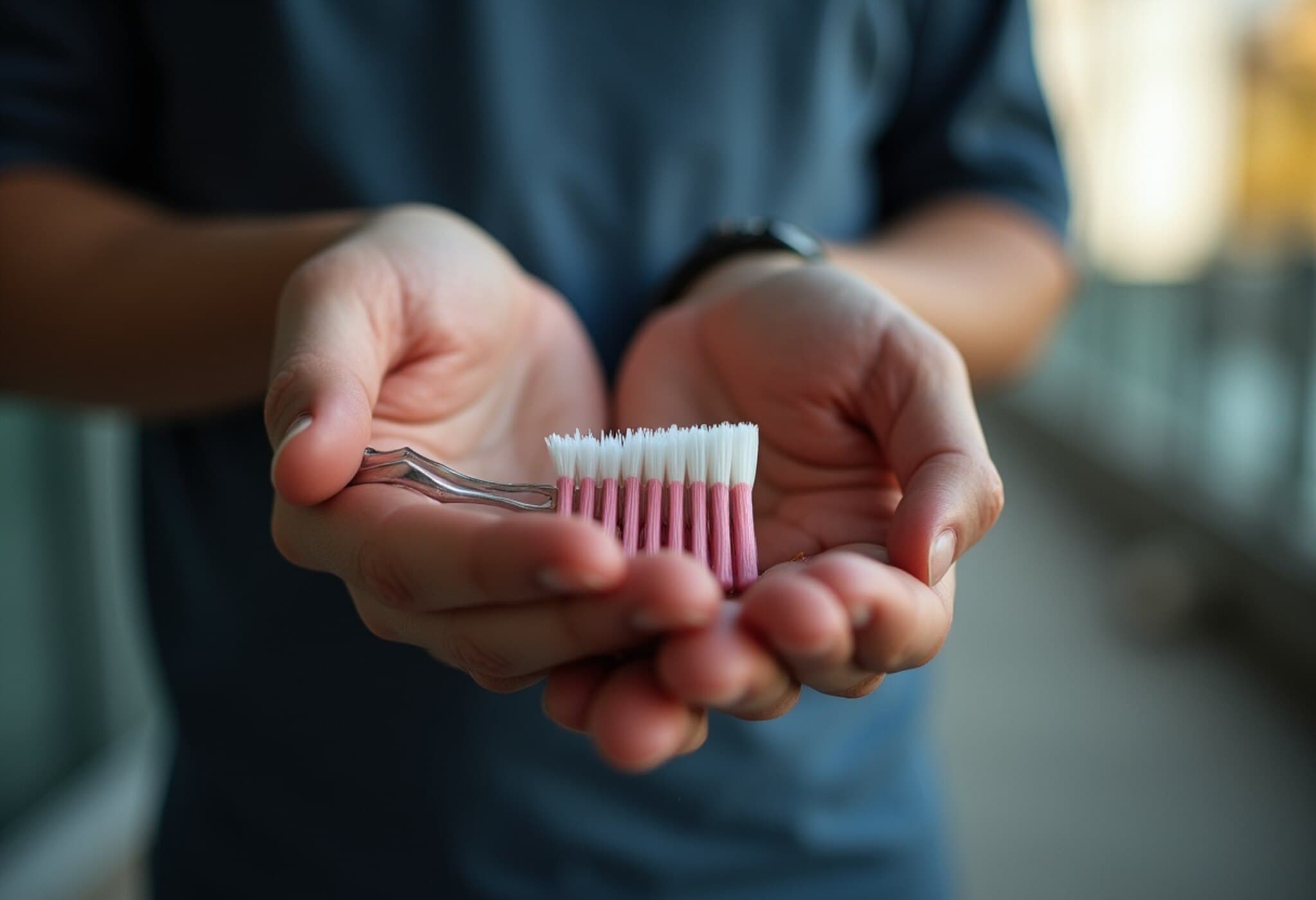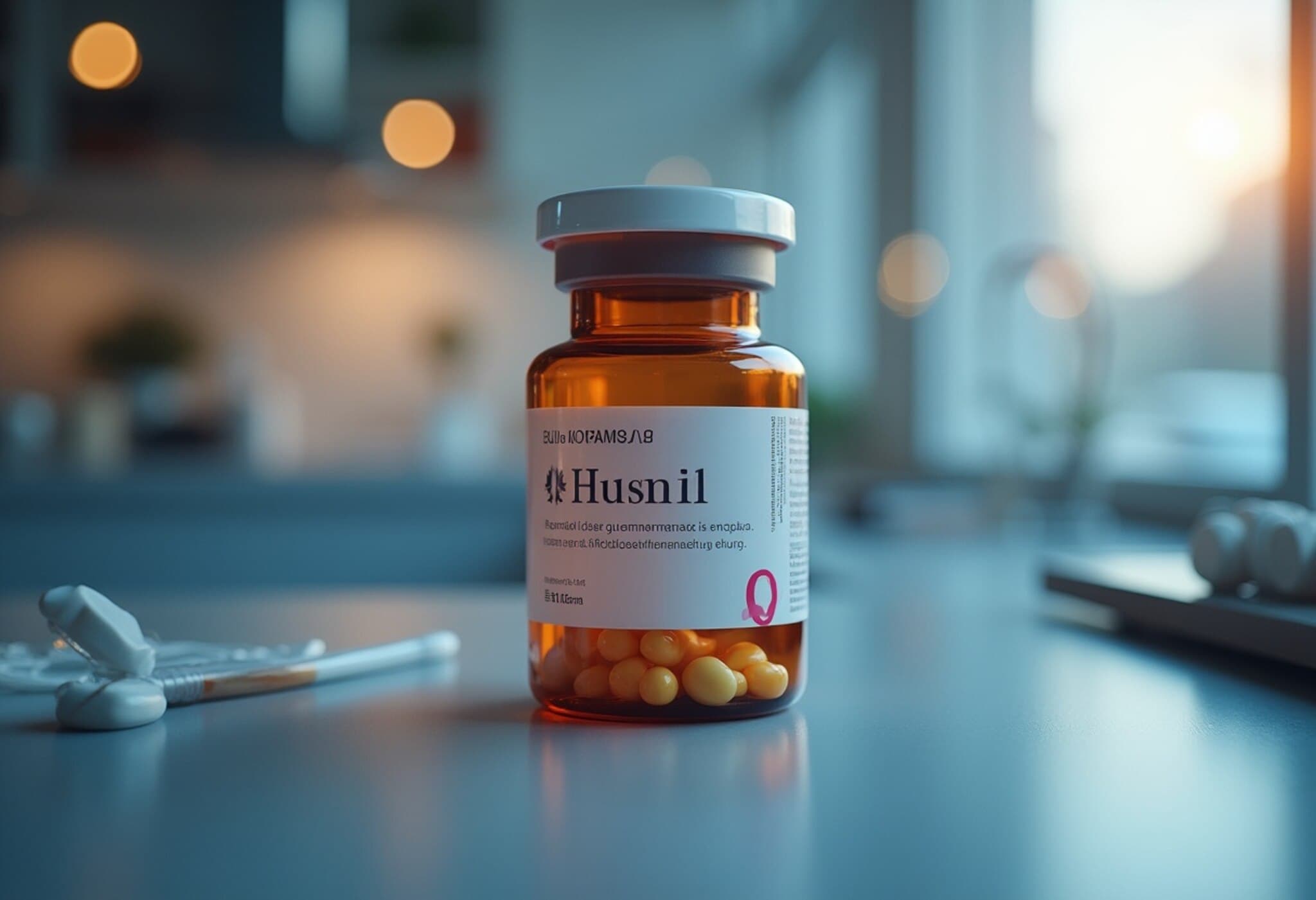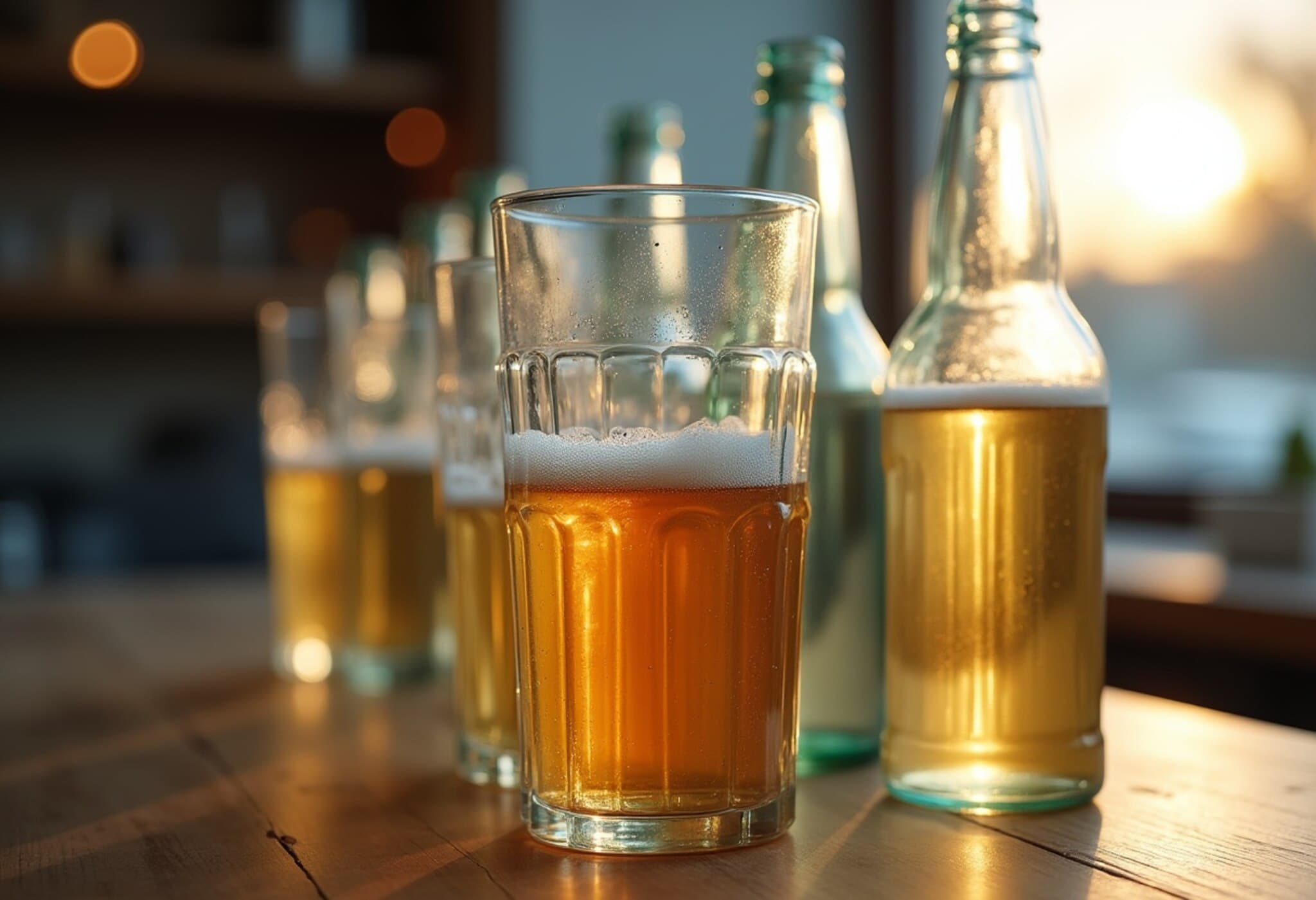The Viral 'Cortisol Cocktail': What Is It?
In a climate where stress levels are soaring, many are searching for simple remedies to ease their tension. One recent trend gaining traction on social media is the so-called "cortisol cocktail." Despite its elegant presentation in a wine glass, the drink is alcohol-free and combines ingredients like coconut water, orange juice, freshly squeezed lemon, magnesium powder, a pinch of sea salt, and sparkling water.
TikTok users share videos preparing the drink at home, touting its potential to lower cortisol—the body’s primary stress hormone—and describing their personal experiences. But does this mocktail really help calm stress? Let’s dive into what the medical community has to say.
Understanding Cortisol: The Stress Hormone Explained
Cortisol is critical for maintaining vital functions such as blood pressure and electrolyte balance. It naturally spikes in the early morning and tapers off throughout the day. According to endocrinologists, it’s rare to prescribe interventions specifically to reduce cortisol because its levels fluctuate significantly and are challenging to measure accurately.
"Doctors rarely ask patients to lower their cortisol because it’s hard to track and it’s essential for normal bodily functions," notes a Stanford clinical associate professor of medicine.
Only when cortisol levels are abnormally high over a sustained period—such as in Cushing’s Syndrome—do medical professionals consider treatment to reduce it.
Does the Cortisol Cocktail Deliver on Its Promise?
Experts caution against expecting significant scientific backing for the cocktail’s stress-reducing claims. There is a lack of robust studies examining whether any of its individual ingredients directly decrease cortisol levels.
"No solid research supports these claims," says medical professionals familiar with stress management. They explain that the viral popularity of such remedies often stems from internet trends and the appeal of quick fixes rather than proven efficacy.
However, the ingredients may provide indirect benefits. The cocktail’s hydrating elements—like coconut water and electrolyte-rich sea salt—can improve overall hydration, which is essential for well-being. Magnesium, found in many supplements, has some evidence suggesting it might aid sleep quality, which in turn positively influences mental health.
Still, none of the ingredients are conclusively linked to stress reduction except magnesium, and even then, evidence is limited. Ultimately, many people may feel better simply due to rehydration and placebo effects.
Who Should Be Cautious?
While generally safe, the cocktail isn’t suitable for everyone. Individuals with chronic kidney disease should be wary of magnesium and potassium intake, and those managing diabetes might need to monitor the cocktail’s sugar content.
Consulting a healthcare provider before regularly consuming such drinks is advisable, especially for people with underlying health conditions.
Proven Strategies to Manage Stress Effectively
Instead of relying solely on trending beverages, here are six expert-backed ways to reduce stress and boost mental health:
- Practice self-compassion and give yourself grace.
- Ensure adequate, quality sleep each night.
- Engage in physical activity—start small and build gradually.
- Seek support from therapists or mental health professionals when needed.
- Maintain strong social connections with friends and family.
- Spend time outdoors to refresh your mind.
Incorporating these habits can establish a sustainable wellness routine that effectively keeps stress in check.












